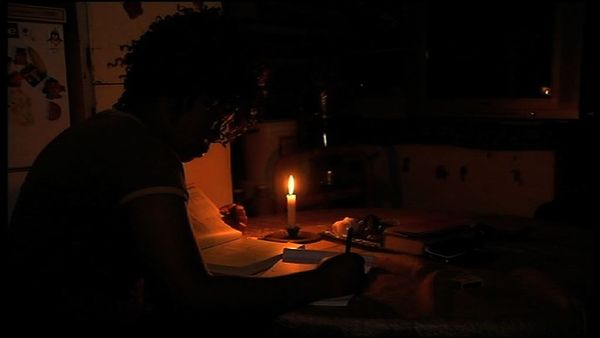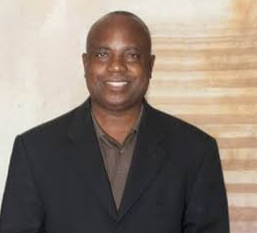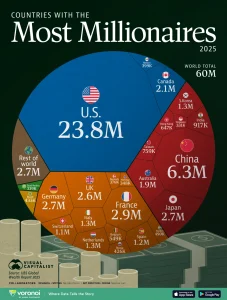
By Akindele Adegboye
“Yeepaa, off NEPA!”—that classic wail when darkness wins—echoes through the streets of Ibafo, Ogun State, where the dream of stable power remains just that: a dream. The promise of light flickers like a candle in the wind—here one moment, gone the next—leaving the community trapped in an endless waiting game. Silent transformers hum a mocking tune of frustration, while weary residents cling to hope, only to see it vanish when night crashes in. This isn’t just about electricity; it’s a saga of survival, a bitter tale of endurance in a country where power is a privilege, not a right. As the elders say, “A man who has to light a fire to see his own hands is not truly free.”
The Ibadan Electricity Distribution Company (IBEDC), the so-called custodian of power in Ibafo, has offered its usual justifications. The power supply to Ibafo, Magboro, Mowe, and surrounding areas comes from a 33kV feeder linked to the Oke-Aro Transmission Station. According to IBEDC, the current load demand for the axis is 35 Megawatts, yet only 13 Megawatts are supplied—a clear case of demand crushing supply under the weight of population growth. Their proposed solution? A feeder from the newly commissioned Kobape Transmission Station in Abeokuta, expected to “ease the load” sometime later last year. But for a community that has spent years in the dark, “later last year” sounds like another empty promise, a vague assurance wrapped in official jargon. Darkness is still the valid term. The suffering remains unchanged. The people of Ibafo do not need technical explanations; they need power in their homes.
When night creeps in, Ibafo awakens to a restless tune—the grumble of power generators firing up. Their noise rolls through the streets like a stubborn storm, rattling windows and chasing away the peace of sleep. It’s a rough song of survival, sung by machines that yank light from the shadows when IBEDC takes its usual nap. Every chug and sputter mocks the grand old days of public power, turning the dark into a stage for stubborn resolve. The sound isn’t just loud—it’s a jab at a system that’s more absent than electric.
But while the streets hum with the frustrated cries of generators, some households remain untouched by the struggle—not because they suffer in darkness, but because they have paid their way out of it. In the wealthier corners of Ibafo, solar panels sit atop roofs like quiet gods, soaking up daylight and promising an exclusive kind of peace. Their inverters hum discreetly, a gentle reminder that in Nigeria, even light is a class privilege. While the average resident battles generator fumes and empty fuel tanks, the rich bask in noiseless brightness. Solar power is no longer just an energy source; it is a status symbol, dividing those who can afford light from those who must fight for it.
For those who can’t afford the steep cost of solar installations, generators become a lifeline—if they can keep up with the ever-rising price of fuel. The rich run giant diesel guzzlers that could power an entire street, while the middle class settle for smaller petrol generators—the infamous “I-pass-my-neighbour”—that choke and sputter like exhausted marathon runners. The poor? They learn to live in darkness, their only consolation being the moonlight and the occasional borrowed charge from a neighbor’s inverter.
To add insult to injury, what was once called ‘grid collapse’ has now been politely rebranded by the Transmission Company of Nigeria (TCN) as a ‘grid disturbance.’ A new name, but the same old darkness. Call it what you will, the result is the same—blackout. Nigerians are tired of fancy terminology that changes nothing. The streets of Ibafo don’t need corporate euphemisms; they need light.
This is more than an article; it is a demand. The people of Ibafo are tired of patchwork solutions, tired of rationed megawatts, tired of paying for electricity that exists only on paper. To IBEDC, TCN, and every authority responsible for power in this nation: Do your job. Fix the grid. Provide stable electricity. Stop feeding us excuses while our homes remain in darkness.
The racket of generators and the smug silence of solar panels tell a tale of a town stuck between a broken past and a half-lit joke of a future. Until the day true stability comes, Ibafo will remain a place where the flicker of electricity is as unreliable as a politician’s promise, and the people must dance to the chaotic rhythm of powerlessness. After all, “A house without light is a house where even shadows have lost their way.”
Akindele Adegboye wrote in from
Ibafo, Ogun State. +2348135361526
About The Author









